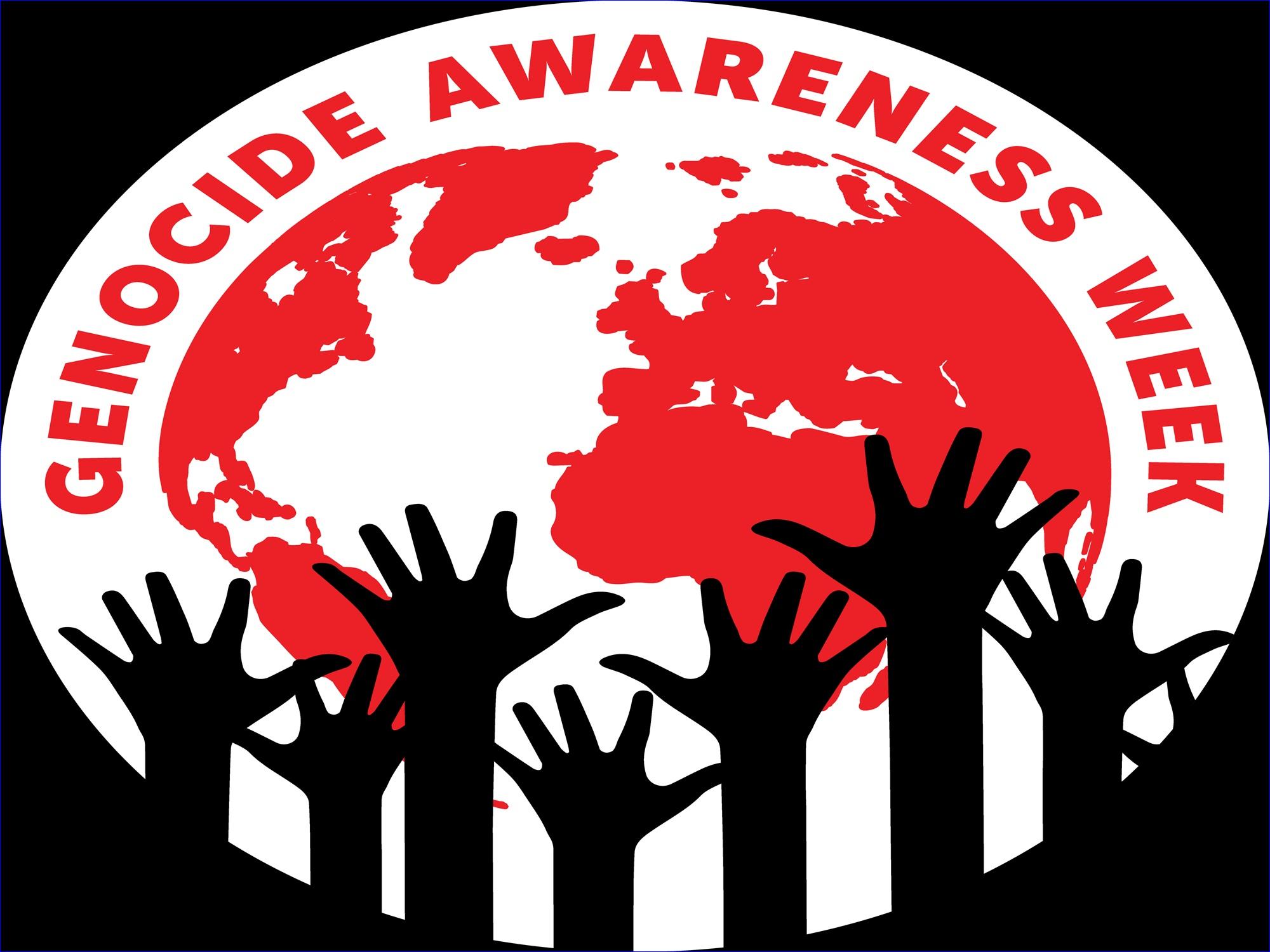


The Assyrian genocide will be discussed on Wednesday, April 17 in a panel titled the Indigenous Assyrian and Native American Experience: From Attempted Eradication to Preservation and Cultural Revitalization. The panel will be moderated by Prof. Sargon Donabed and will include Prof. Mariam Georgis and artist Esther Elia.
Click here for the full schedule.
Nationalism, State Violence and Genocide
This year's conference theme of nationalism, state violence and genocide revolves around the role of the state in facilitating and shaping the perpetration of genocidal violence. By focusing on the genocidal state, Genocide Awareness Week 2024 seeks to explore and examine different forms of authoritarian and exclusionary forms of nationalism; how extremist form of national identity are constructed and maintained; race and racial science; cultural erasure; religious nationalism, and how mass violence is engineered and facilitated by genocidal states using technology and propaganda and other related topics.
As in previous years, our approach invites a range of academic experts, activists, survivors and governmental officials to provide presentations and discussions from a variety of perspectives. Our approach is also comparative in orientation with a range of historic and contemporary examples that highlight the underlying patterns, processes and the continuities and discontinuities between different cases of genocide. These include the Holocaust, the Armenian Genocide, Rwanda and Bosnia among various other well-known and lesser-known case studies. It is also intended that such a wide-ranging and comparative approach will help provide insights relevant to current events and trends at the local, national and international levels.

or register to post a comment.